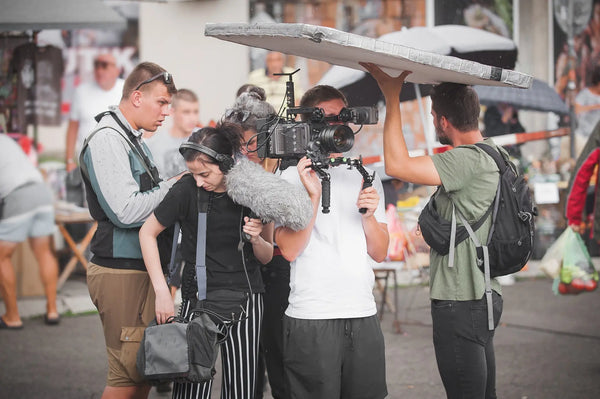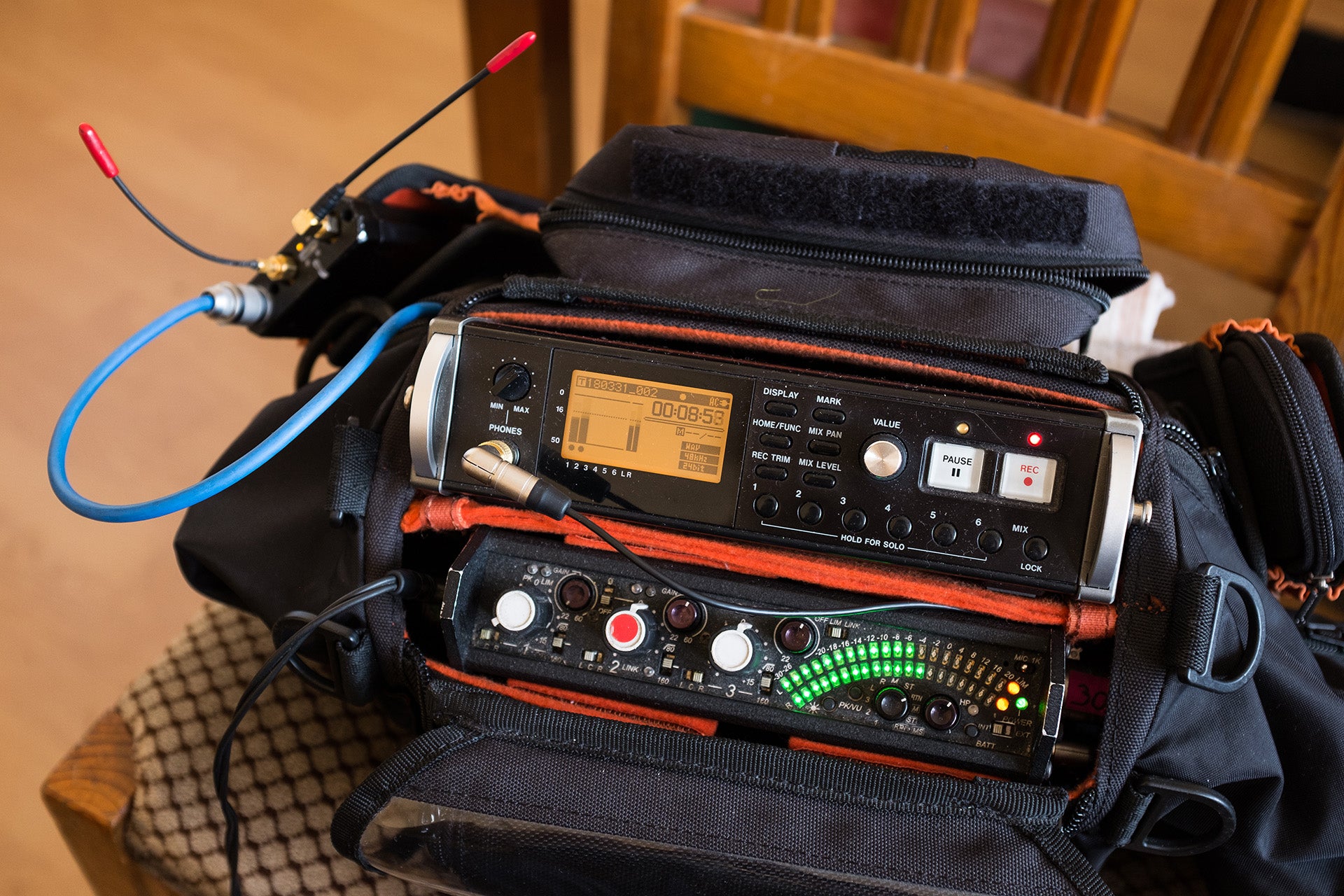
Film 101

In this article we summarise the essential steps to making a movie, whether it's a short or a feature. The same foundational steps are required if your project is going to be as great as you imagined, and yet are often overlooked. Professional and successful film makers know not to cut corners on these aspects of the work, and why.
Story and audience?

What’s the story you’re telling? The hook? The message? Who are the target audience?
It may sound obvious, but film makers often get caught up in the love of film making and forget they’re telling a story, be it a film, documentary, or commercial.
Focus on the story first, and then decide how, and with what, you need to tell it.
This would include final media format and choices depending on the platform and distribution.
Preparation

AKA Pre Production, this is the foundation upon which your project and budget will be built. Production is a career in its own right, from individuals to whole teams depending on the scale and budget.
Whether creating solo or with a crew, planning will save you heartache and pain later.
Plan each shot and list what gear, crew, actors, ovations, supplies etc., are needed.
Then plan again and make another list to make sure you’ve covered everything.
Collate shots that share actors, locations, or hired gear such that each shot and day filming maximises them and avoids costly repetition.
List essential shots alongside “Nice to have” shots and focus on the essentials first.
Don’t be fooled that you can wing it without planning. You’ll thank yourself when shooting that you have a list and schedule that covers all you needs and contingencies on the day.
Sound, sound, sound!

Far too often overlooked is sound. Watch any production and bad sound takes you out of the story and grates on the nerves. Even top Hollywood productions fall foul of the dreaded ADR (Automated Dialogue Replacement - nothing “automated about it!) problem.
Having an actor try to replicate the tone/feeling/pace of the scene post-production is very, very difficult, then there’s the often totally different ambience in the original on-location recording.
Get a good sound engineer on location, and ensure they have the best gear you can afford. Fancy cameras are great, but without good sound, the visuals are wasted if you can’t use them.
Collaboration.

This applies to anyone in business, and especially when starting a business. You don’t necessarily have to, or want to, do it all by yourself.
Learn to reach out for advice and help from people or companies to support your project. Be open to learning from others and the creativity and ideas they may bring to your project. We are all teachers and students depending on our experiences and skills.
Film making is a collaborative business, and learning to work well with and listen to others is a recipe for success.
Be prepared to give up your baby!

As a script writer I know how difficult it is to lose wonderful dialogue or scenes, painfully so in one instance as it was the germ of a whole story that outgrew it, and the scene sits waiting for another story.
You may have bagged a shot where camera, lighting, actors, and sound was jaw-droppingly amazing, and everyone loves it. However, if it doesn’t add to or drive the story, then cut it!
Whole characters with established actors have been removed from the final edit - it’s a harsh reality from the best in the business, and many a DVD/Blu-Ray disc with “deleted scenes: and director commentary will demonstrate this.
It’s all about the story for your audience. That’s why I started this summary with a paragraph on the story.
Resources

What have you got already that you could use for your story? Make a list and work with that before wasting time and funds on more.
What locations can you use nearby? I know a film director that used an old hotel in low season for shooting, and the owners were happy to help. What actors in your area are available? (There are many newly qualified and committed actors willing to do low-budget work in return for showreel scenes for their portfolio. Pay them something, though, as their time is as valuable as yours, and people can walk away from “free” work more easily.)
We’ve covered in another article that movies can be shot on a smartphone, so use your imagination and don’t fret over things you don’t have: use what you do before adding costs.
Nothing goes to plan

A strange title given the paragraph on planning, but also very true.
I’ve worked on huge budget sets and seen their plans unravel to the tune of tens or hundreds of thousands of dollars an hour.
From a leading support role actress being fired on day one due to poor casting, a main actor getting ill, location owners not being informed of the extent or scope of filming requirements and crew numbers/equipment, to simply the weather forecast being drastically wrong.
In both of the actor issues mentioned, the production crew rescheduled shooting that didn’t require these actors and they were up and running within half a day and a day, although the leading star dropout cost them 4 weeks total.
Have contingencies regards locations, weather, equipment failure etc., and be as flexible as possible. Tempers flare and being resilient and able to mediate and provide solutions to problems are an essential part of being in the filmmaking business.
This is why production planning is a seriously respected skill, and a stressful job for those doing it.
Final thoughts
There’s a ton of in-depth advice online to expand on the paragraphs above. Here’s one.
These are just the headlines for the essential topics to cover, yet they are ignored by many and all the passion, time, and effort can be undone without effective planning and implementation.
“We’ll fix it in post” is not an option you want to be taking, as it’s better to get it right first time; and let’s not forget, not everything can be fixed in post - ask any editor!
We’d love to hear of your successes, and perhaps failures, when things didn’t go to plan and your efforts to solve the problems.
Page created using Blog & Page Builder by Reputon
